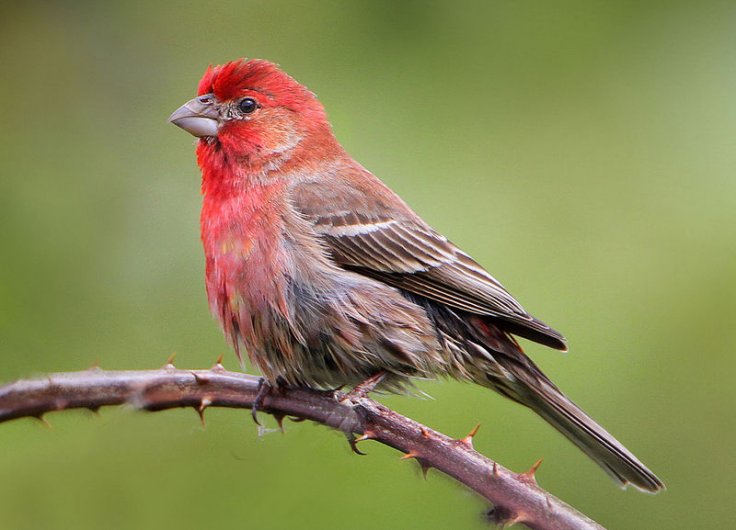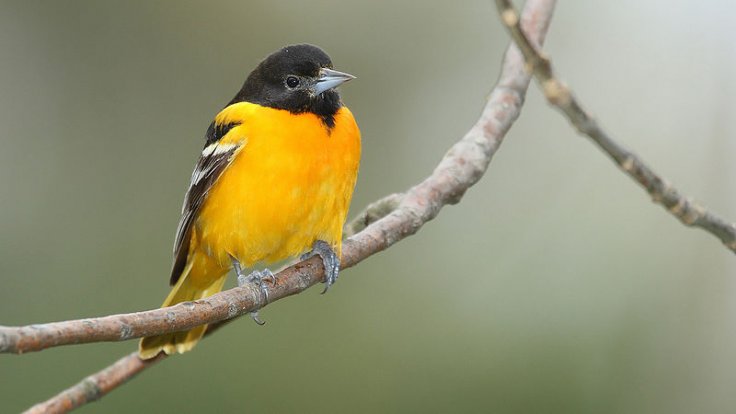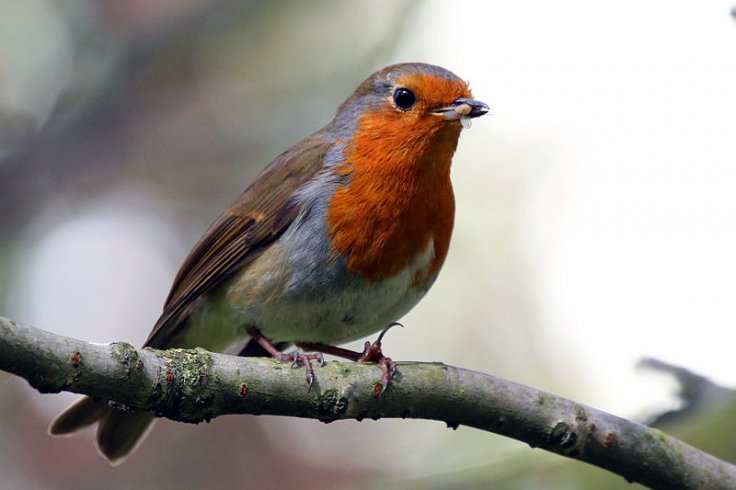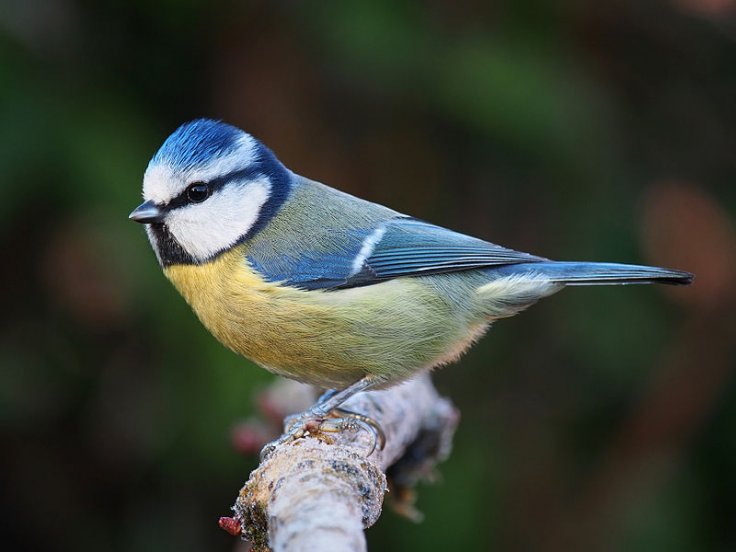
Climate change has baffled humans and the animal kingdom alike, affecting not only the process of annual migration and reproduction but the entire food chain. Birds are facing similar consequences as well. Birds' songs are correlated with their breeding habits and if monitored, it can provide more information on the same.
A new study published in The Condor: Ornithological Applications provides information on the songs of birds and their breeding behavior, covering the birds of northern California.
The California Department of Fish and Wildlife's Brett Furnas and William Jessup University's Michael McGrann analyzed information collected from two bird survey programs held in Klamath Mountains in California and Southern Cascades. Both the data monitored bird sounds from 2009 to 2011.
Apart from studying the songbirds over a 40,000 square kilometer region of northern California, the team was able to identify the exact dates of peak vocal activity for eight songbird species. This study might help in tracking the development of the birds' vocal activity.
Findings show that a five to 12-day shift forward has occurred in the peak timing of singing by California birds in areas near Sierra Nevada and the coastal regions due to climate change.

The species of songbirds having strong single peaks tended to reach the required peak of vocal activity later than other species. The reason, according to scientists, is perhaps because these birds require a restricted time period to adapt to the constant change in climatic conditions.
Songbirds are the primary source for studying the behavioral and neural basis of vocal learning and the formation of memory in general. Songbirds have different varieties and studies on their vocal activity reveal a lot of things. Juvenile songbirds, for example, learn songs which belong to their own species. Other bird species do not influence them. However, the mechanism that regulates early song discrimination is unknown.

Birds develop different songs for different purposes. Songs are important for birds to mate with each other. Different populations of birds respond to each other's' songs in a different way. In tropical forests of Central and South America, birds are dependent on their songs that help them to claim territories. Furthermore, a different species of bird can learn a different song, not belonging to its community, if brought up by a foster bird. Social interaction plays a key role in birds for overriding genetics.
McGrann adds that climate change is the main reason behind declining songbird populations, distributions and breeding behaviors, especially in the mountain ecosystems.
"Mountains are particularly sensitive because temperature and precipitation interact in complex ways on mountains," he adds.

McGrann further states that if Neotropical migrants are not able to adjust their breeding habits according to the constantly changing climate, it can adversely affect the younger ones and lead to lack of availability of food. This technique can help trace "the shifts in elevation, changes in the state of the population, and changes in breeding behaviors in response to climate change over the next ten to twenty years."
UC Berkeley's Steve Beissinger, avian phenology expert claims that this technique can identify the differences in the timing of nesting by tracking the peak dates of singing or vocal activity.









